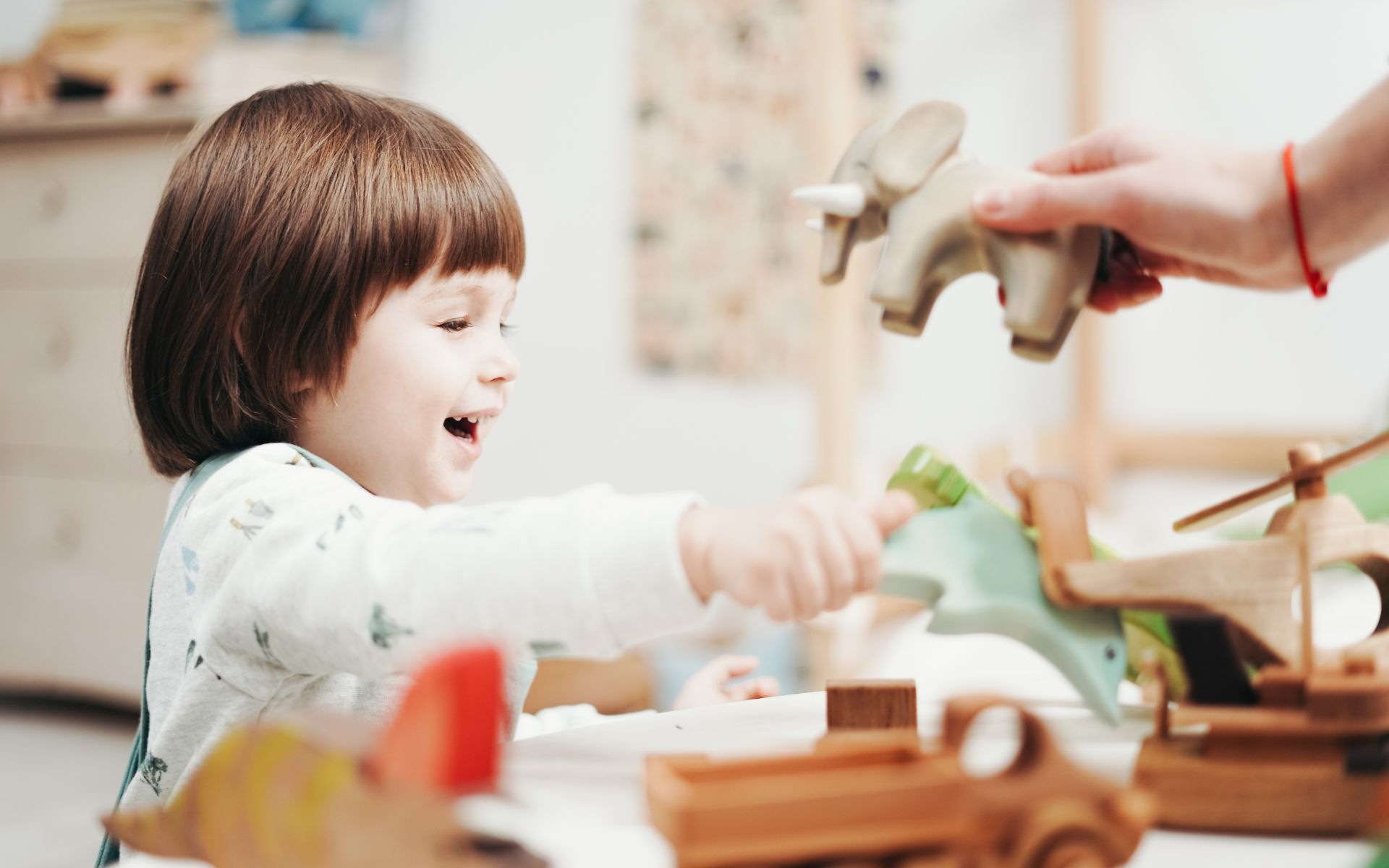Your Parenting Guide to Preparing Your Child for Preschool
Starting school is usually a very exciting time for a child. Children love to learn and socialize with other children their age. Nursery school is a perfect setting for that combination. Preparing your child for the transition to going to preschool is important for you and your child. There can be a myriad of emotions on both sides, so preparation is key to reducing stress.
1 Visit a nursery school together
Once you have chosen the nursery school your child will be attending, be sure to set up a time to visit. Check with the director to see if they offer some kind of tour for kids or a time where new students and their parents can come to meet the other children. It is helpful for the children to see what their new environment is going to be like so they are familiar with it on the first day.
2 Read books
Head to your local library to find books about the first days of school, especially preschool. You might also want to find books on separation anxiety. The book I used with my son when he first went to preschool was The Kissing Hand by Audrey Penn. We loved it. I am sure your librarian can recommend some great books to read with your child. Read the book several weeks before the big day.
Read also – How to Avoid Being the Overbearing Parent Type
3 Stick to routines
You will need to establish bedtime routines as well as morning routines for the days your child will be attending school. The bedtime routine is a great time to prep your child for the next day. With your child, choose what clothes to wear, pack the backpack if needed, and discuss what the day will look like. Make sure the time for bed is at a good time so your child will receive enough sleep.
Morning routines are just as important as bedtime routines. Getting dressed, eating breakfast, and other routines in the morning set the stage for a great day. Again, be sure to remind your child of the day’s activities. This is a great time to talk about any anxiety or uncertainty if needed.
4 Saying goodbye
Saying goodbye is another time you can establish a routine. Maybe you and your child sing a song before heading into the classroom, or maybe you do what they do in the book, The Kissing Hand. Whatever you decide to do, make it a common routine for saying goodbye.
5 Preparing yourself
Preparing your child also means you will need to prepare yourself. Your child can sense your anxiety if you are feeling any. If you are going to show sadness, they will feel the same. They need to see that you are okay with this big change so they can be okay too.Take some time to prepare yourself for your child’s first day at school.
Read also – The Most Harmful and Helpful Types of Parenting
Even though starting a nursery school can be exciting, it can also be unsettling if your child is not prepared for the new adventure. Try these five tips for a great start to a new stepping stone in your child’s life.
